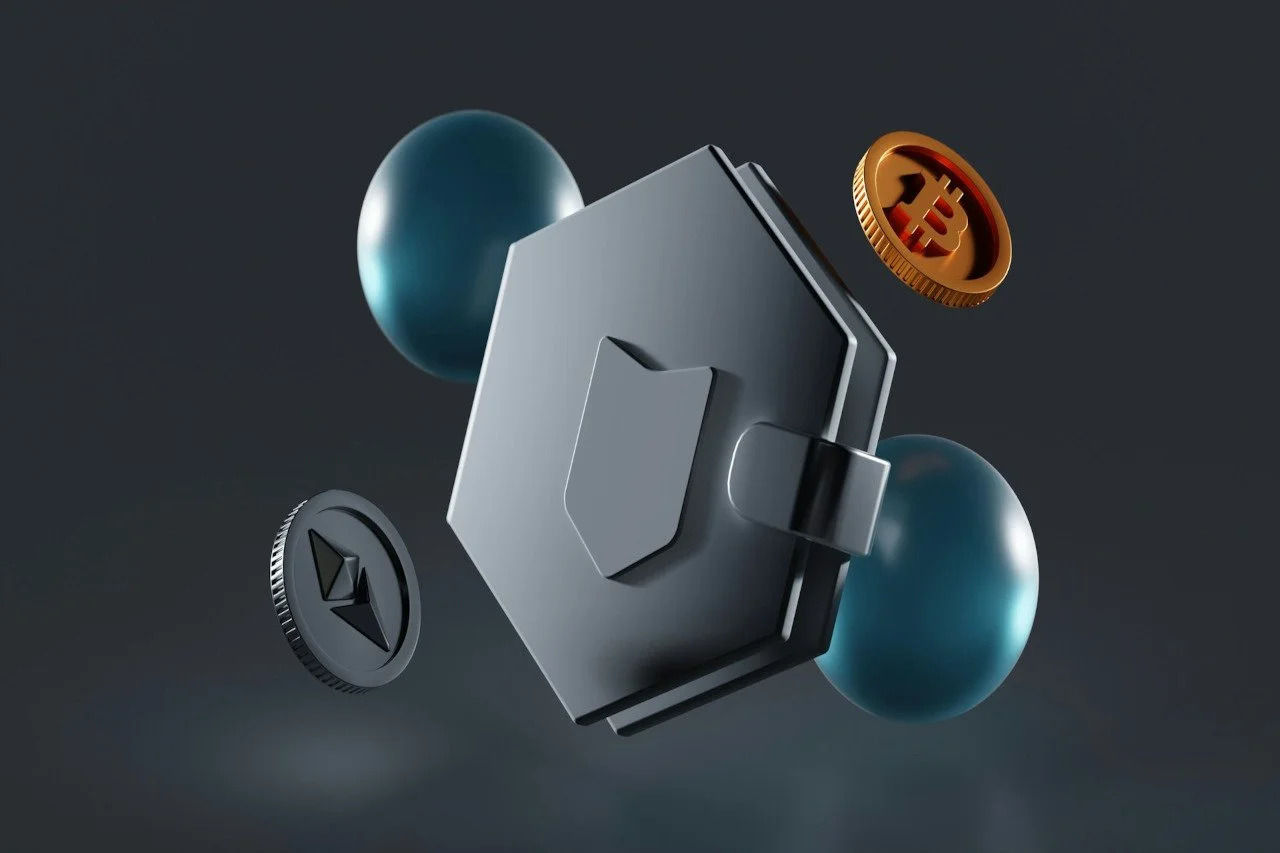Frequently Asked Questions About the Most Secure Messaging Apps
Which messaging app is the most secure?
This is one of the most common questions we get. The short answer: there's no such thing as a perfectly secure messenger. What we use depends on what our contacts use. Among the most popular options are Signal, WhatsApp, Telegram, Viber, and Facebook Messenger.
It's best to prioritize apps that use end-to-end encryption by default-Signal and WhatsApp are good examples. This encryption model ensures that messages are securely encrypted on your device and only decrypted on your recipient's device. The servers that transmit the message or voice call never have access to its contents. Still, there are always a few caveats. Let's talk about those.
What makes a messenger reliable?
For mainstream messaging apps, reliability usually refers to the strength of encryption during transmission. The goal is to prevent anyone who intercepts the traffic from being able to decrypt and read the message or listen in on a call.
However, popular messengers don't guarantee anonymity. They also don't protect your messages if your phone is stolen or confiscated-unless you've taken steps to prepare for that scenario. Messages typically remain accessible on the device unless you've enabled auto-deletion or encrypted your phone's storage.
What does "encrypted messenger" actually mean?
Generally, this refers to a messaging app that encrypts data during transmission, preventing third parties from "listening in" on your conversations. However, the contents of chats remain accessible on the devices themselves and are not additionally encrypted by default.
To protect this data, you need to secure your device-use a strong password, enable disk encryption, and install antivirus software. If your device is compromised, even the most secure messenger won't protect you.
Can someone hack into an encrypted messenger account?
Yes, it's possible. Logging into your account from another device typically requires your phone number and a verification code sent via SMS, or a username and password. There are countless technical and non-technical ways attackers try to obtain this information.
For example, someone posing as tech support might ask you to share your SMS code under the guise of verifying your account. Or they might search leaked databases for reused passwords. Most breaches happen this way-through social engineering-because it's cheap, easy, and doesn't require advanced skills.
To protect yourself, enable two-factor authentication and familiarize yourself with common scam tactics.
Can someone read messages on my phone?
Yes. If message previews are visible on your lock screen, anyone who sees your phone can read recent or incoming messages without unlocking it. To prevent this, disable message previews in your phone's notification settings.
People often worry about complex hacking methods, but simple oversights like this are just as dangerous.
Can someone read messages from my most encrypted messenger?
Yes, if your phone or account is compromised. If spyware is installed on your device, it can transmit everything you type-including messages, passwords, and sensitive data-to attackers.
A more likely and cost-effective scenario is physical seizure of your device (during a search, for example) or phishing attempts to gain access to your account. That's why it's crucial to protect your device, stay alert, and follow basic digital hygiene practices.
Can authorities in authoritarian countries intercept and read messages if I'm communicating with someone inside their borders?
No, not if you're using a messenger with end-to-end encryption. Messages are securely transmitted, and interception won't reveal their contents. However, traffic analysis can sometimes reveal that communication occurred and with whom.
Additionally, repressive regimes may detain individuals and force them to unlock their devices or disclose their message history. So technical security must be paired with physical safety and operational awareness.
How can I minimize the risk of source de-anonymization?
For voice calls, use messengers that don't expose your contact's IP address in plain text (e.g., Facebook Messenger), or disable peer-to-peer calling in the app's settings (e.g., Signal). Ideally, both you and your contacts should use a trusted VPN service to further obscure traffic.
If you're only exchanging messages, enable auto-deletion in chats so that if a source is compromised, attackers gain minimal information. Avoid saving media to your gallery, disable cloud backups, and regularly clear your browser history.
What should I advise people living under authoritarian regimes?
Agree on a code word that signals danger-such as surveillance or arrest. Prioritize messaging apps over phone calls or SMS. Rename saved contacts to avoid revealing identities. Regularly delete sensitive conversations-this applies to both parties.
Disable cloud backups of chat archives (Google Drive, iCloud), and turn off automatic media saving to your gallery. Routinely clear your browser history to remove traces of activity. Use privacy-focused browsers or incognito mode when researching sensitive topics.
How can I protect my messages from being hacked?
Enable two-factor authentication in all messaging apps that support it. Check your active sessions or connected devices and remove any you don't recognize or use. Keep your apps and operating system up to date-patches often fix critical vulnerabilities.
Hide message content on your lock screen to prevent casual snooping. Use secure screen lock methods-PIN, password, fingerprint, or facial recognition. Some messengers allow you to set an additional PIN for app access, which adds another layer of protection.
Enable auto-deletion or regularly clear old messages to reduce the amount of data that could be exposed in a breach.
FAQ
Q: Is Signal really the most secure messenger?
A: Partially true. Signal is one of the most secure among popular apps because it uses end-to-end encryption by default, stores encryption keys only on user devices, has open-source code, is a non-profit project, and doesn't collect or store user data.
Q: Is Telegram safe for sensitive communication?
A: Not recommended. Telegram doesn't use end-to-end encryption by default-not for regular chats, groups, or metadata. Messages are stored in the cloud on Telegram's servers. Also, the app's Russian origins raise concerns for users in conflict zones.
Q: How are Telegram users de-anonymized?
A: If your phone number is visible, your profile photo is public, or messages are forwarded with links to your account, it's possible to identify you.
Q: I heard from someone in intelligence that WhatsApp was hacked. Should I be worried?
A: If you're using the latest version of the app with two-step verification enabled, there's no need to panic. WhatsApp uses end-to-end encryption, but it does store metadata, so for highly sensitive communication, Signal is a better choice.
Q: What's the issue with Viber?
A: Viber claims to be encrypted, but its code isn't open-source, so there's no way to verify how encryption is implemented. It's fine for casual conversations with family or neighbors, but avoid sharing sensitive information.
Q: Why haven't we all switched to more anonymous messengers like Wire, Threema, or Wickr?
A: The simple answer is: no one's there. Your friends, family, colleagues, and service providers aren't using them. Plus, even these apps can leak unique metadata that may be used to identify users.
You may be interested in other articles on cybersecurity.
How to Stay Anonymous Online: A Beginner’s Guide to Digital Privacy
Communication Without a Trace: How to Avoid Compromise
How to Stay Safe While Working in Your Browser
What You Need to Know About Data Encryption on the Internet
Auto-Deletion and Disappearing Messages in Messengers (Part 1)
Auto-Deletion or Disappearing Messages in Messaging Apps (Part 2)
The Digital Shadow in a World of Surveillance. Honest review of NordVPN






